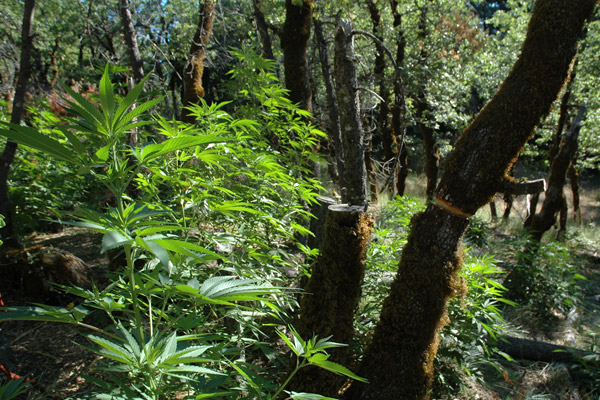
Last year, the Reader began to write not just extensively but frequently about the costs of arresting and prosecuting people caught with marijuana, and the potential for its decriminalization. (One of the things I observed working there is that it's an entirely sensible strategy: truly shocking watchdog reporting can effect change quickly, but if it's a matter of moving the policy needle one way or another, it requires persistence. It's not always a matter of adding new information; some of it is just emphasizing importance.)
For instance, Mick Dumke and Ben Joravsky delved into arrest and conviction records, finding substantial disparities:
The ratio of black to white arrests for marijuana possession in Chicago is 15 to 1, according to a Reader analysis of police and court data. And by the time the cases make their way through the court system, the gap widens even further: the ratio among those who plead or are found guilty is 40 to 1.
They examined it from a political angle; from an economic angle ($78 million a year to bust weed possession, while their analysis of a sample of possession arrests found an average street value of $55); and asked around to get the lay of the land, finding support from various pols, not to mention Jody Weis.
And… nothing. Which surprised me. Given the city's increasing dependence on fines, I at least thought it would appeal on the level of turning a money pit into a revenue stream. Dumke and Joravsky, to their credit, did explore the broken-windows angle, which suggested a major reason for lack of action:
"I am an absolute advocate for enforcing the little things to prevent the big things," McCarthy told the aldermen. "Crime is very personal. Everybody who passes a group of kids drinking in the park, everybody who hears a loud radio becomes a victim of that offense. That contributes to a sense of lawlessness. People remember that and it resounds with them."
Those minor crackdowns are also a way police can demonstrate to neighborhood residents that they're actively attacking crime problems. During monthly community policing beat meetings, officers review their arrest totals, often highlighting busts of people caught smoking pot in parks or other public spaces. Police and many judges say these arrests are popular among the residents of high-crime neighborhoods.
Months passed. And then:
"Bloomberg Backs Plan to Limit Arrests for Marijuana"
"NY Gov. Cuomo proposes reducing marijuana penalty"
Yesterday, Dumke sent up a flare. All of a sudden:
“When the ordinance was first introduced, I asked the Chicago Police Department to do a thorough analysis to determine if this reform balanced public safety and common-sense rules that save taxpayer dollars to reinvest in putting more officers on the street,” Emanuel said in a statement. “The result is an ordinance that allows us to observe the law, while reducing the processing time for minor possession of marijuana — ultimately freeing up police officers for the street.”
Sometimes it takes a village; sometimes it takes another metropolis.
Assuming PriceOfWeed.com is ballpark-accurate—I'm not trying to fool you by saying I have no idea—the fines proposed, $100-$500 for 15 grams or less, will be a few times the cost of marijuana.
Photograph: USFS Region 5 (CC by 2.0)



